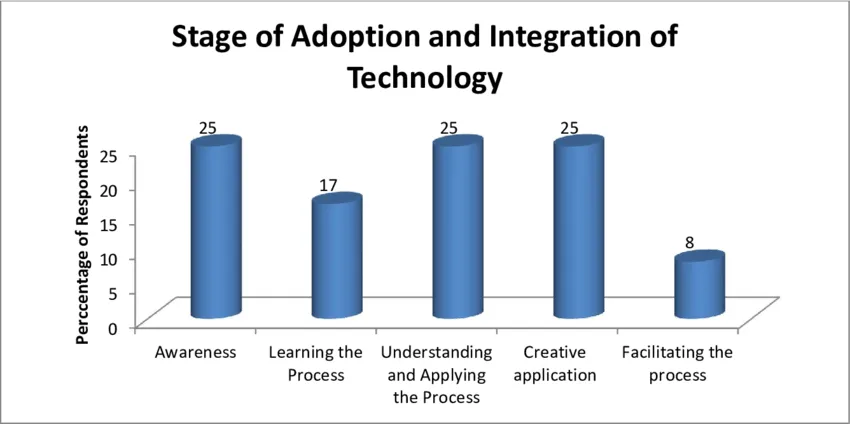How Young Entrepreneurs Are Redefining China’s Startup Culture

Introduction
China’s startup landscape is being reshaped by a new generation of young entrepreneurs. These innovators are leveraging digital technologies, AI, and cloud platforms to disrupt traditional business models in e-commerce, fintech, AI, and consumer tech. With strong government support, access to venture capital, and collaborative ecosystems in cities like Shenzhen, Hangzhou, and Beijing, these youth-led startups are redefining entrepreneurship in China.
Evolving Entrepreneurship Trends
Young entrepreneurs are embracing a culture of rapid experimentation, digital-first product development, and global market orientation. Social media, cloud infrastructure, and AI tools enable them to launch ventures faster and scale efficiently. Startups focus on solving real-world problems with technology while maintaining agility in competitive markets.
Government Support and Incubation Programs
Chinese authorities have established innovation zones, incubators, and accelerator programs targeting youth-led startups. Benefits include:
- Subsidies and tax incentives for technology R&D
- Access to mentorship and entrepreneurial networks
- Infrastructure support such as co-working spaces, labs, and prototyping facilities
Cities like Shenzhen host innovation hubs that combine private and public resources, enabling young founders to access financing, training, and technical expertise seamlessly.
Technology Adoption and Integration
AI, cloud computing, and data analytics are central to youth-led startups. Founders deploy machine learning models for predictive analytics, customer personalization, and operational optimization. Cloud platforms from domestic providers like Alibaba Cloud and Tencent Cloud offer affordable computing power, allowing early-stage startups to experiment and scale without heavy upfront investment.

Key Sectors
- AI and Fintech: Startups offer AI-driven financial planning tools, micro-lending platforms, and digital payment solutions.
- E-Commerce and Consumer Tech: Young entrepreneurs leverage social commerce, live-streaming sales, and recommendation engines.
- IoT and Hardware: Smart devices and robotics prototypes are developed for both domestic and global markets.
Impact on Market Dynamics
These startups are creating competition for established firms, introducing innovative products, and accelerating digital transformation across industries. Venture capital activity in China reflects confidence in youth-led innovation, with over $6 billion invested in 2025 in AI, fintech, and e-commerce startups.
Networking and Collaboration
Startup founders participate in hackathons, pitch competitions, and cross-industry workshops. Partnerships with universities, research institutes, and major tech firms enable technology transfer and skill development. Collaborative ecosystems foster rapid knowledge sharing and accelerate product-to-market timelines.
Challenges Facing Young Entrepreneurs
Despite opportunities, challenges persist:
- Funding Competition: While capital is available, many startups compete for the same investment pools.
- Talent Shortages: Specialized skills in AI, cloud infrastructure, and data science remain in high demand.
- Regulatory Compliance: Navigating fintech, data protection, and industrial regulations can be complex.
Programs addressing these challenges include specialized training, government-backed mentoring, and public-private partnerships providing advisory support.
Regional and Global Influence
China’s youth-driven startups are influencing other innovation hubs globally. Emerging markets observe Shenzhen, Hangzhou, and Beijing models to cultivate entrepreneurship. Cross-border collaboration, especially in AI, fintech, and e-commerce, allows young Chinese startups to expand internationally while adapting their products to regional markets.
Integration with Emerging Finance Models
Modular finance and programmable money frameworks are indirectly shaping how startups operate. Entrepreneurs experiment with digital payment flows, automated investment systems, and AI-enabled finance management, aligning with broader national fintech strategies. This integration allows efficient funding, improved operational transparency, and global scalability.
Future Outlook 2030
By 2030, young entrepreneurs are expected to drive most of China’s high-growth tech startups. AI adoption, cloud infrastructure, modular finance integration, and global market strategies will define success. Ecosystem maturity, talent cultivation, and policy support will consolidate China’s position as a leading global startup hub, with youth-driven innovation at the center of economic and technological growth.
Conclusion
China’s young entrepreneurs are redefining startup culture through technological innovation, agile business models, and global ambition. Supported by government initiatives, incubators, and collaborative networks, they are transforming industries and strengthening China’s digital economy. The convergence of AI, cloud computing, and modular finance solutions empowers youth-led ventures to scale efficiently while contributing to China’s global competitiveness and technological leadership.






